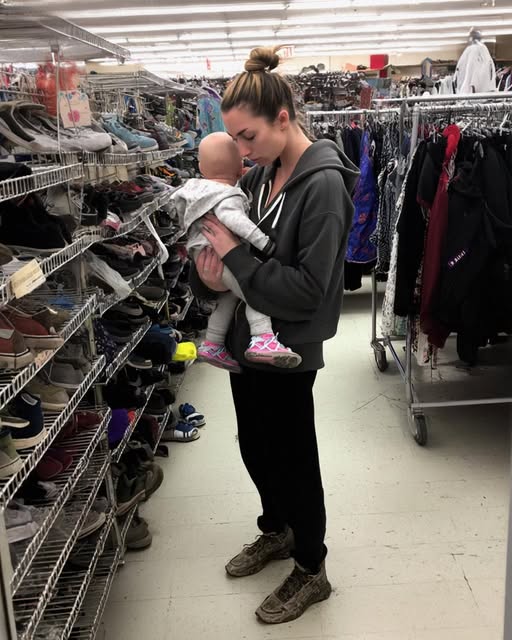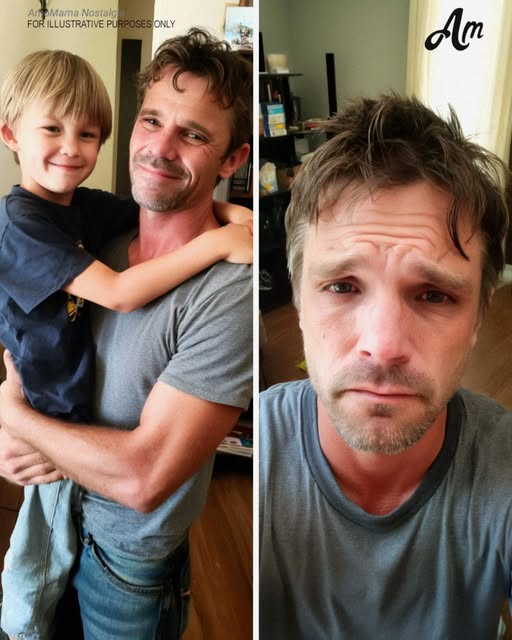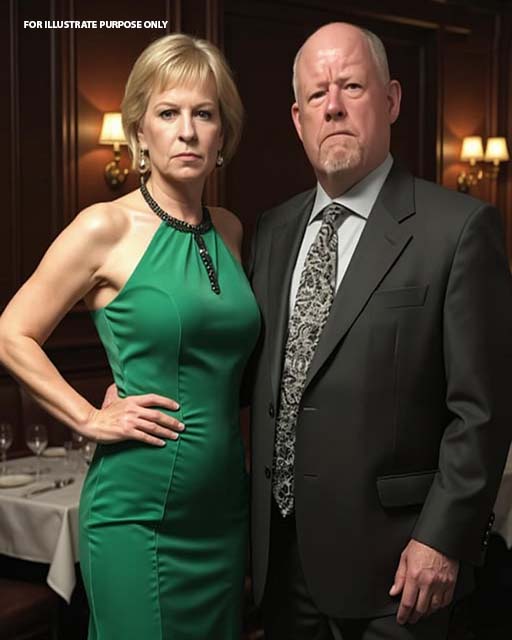The Shoes That Changed Everything
The morning carried that coppery October scent—wet leaves, coffee, cold metal in the air. I had just dropped Molly, my dog, off for her Tuesday wound check. While she thumped her tail twice in farewell, I walked to Second Chances thrift shop. I told myself, as always, I didn’t need anything.
Near the shoe rack, a young woman stood with a stroller. She had the posture of someone silently doing the math of survival—groceries or sneakers, dignity or necessity. In her hand, a worn-out pair with soles thin as paper. In the other, a newer pair that promised relief. I heard her whisper: “No… that’s groceries for three days.”
It was the same kind of cliff I once stood on, after Mark left. Choosing beans over dignity. I remembered strangers whose quiet kindnesses had carried me when I felt invisible. And without thinking, I bought the shoes.
I caught her outside: “You forgot something.”
Her eyes, green and ringed with exhaustion, widened. She resisted, ashamed. “I can’t.”
“You can. They’re already yours.” I pressed the shoes into her hand, along with a bill from the pocket I usually reserved for gas or curtains. “This is for diapers or formula. Interest the universe owes you.”
She whispered her name—Savannah. Her baby, Ethan, stirred and hiccupped. I told her: “Because you matter. Because someone once saw me when I thought I was invisible. I think you needed reminding.”
Two weeks later, Savannah knocked on my door—transformed. Her hoodie replaced by a cream suit, her hair catching the light like a promise. She told me the truth: an abusive husband, money that was cage and cushion, a restraining order, and then—an FBI investigation that freed her. She left her old life wearing those sneakers, she said. “It was the first thing I’d been given without a ledger attached.”
She handed me a gold-wrapped box. Inside: a photo of her new apartment, and a cashier’s check. “You gave me shoes. It sounds small, but it changed the direction of my life. Let me tie the knot where the thread began.”
I hesitated—scarcity rewires your brain. She answered firmly: “You won’t waste it. You’ll make it multiply.”
And so Savannah’s Closet began. Shoes, coats, diapers, bus passes, notes tucked inside bags: “Someone thinks you’re worth it.” A community rallied. Volunteers folded onesies, teens carried boxes, strangers left clothes on my porch with love notes attached. Savannah built a parallel nonprofit, teaching women to leave not with just a bag but with a plan.
One night, we leaned against the wall, watching a room alive with laughter and quiet miracles. “The best part?” she said. “Every bag is a piece of that day on the sidewalk. Proof that we’re not invisible.”
A week later, another woman in a hoodie picked up white sneakers, turning them over like she was reading her future. I walked over with a bag and a note: “Someone thinks you’re worth it.”
And so the story kept rippling outward, one act of kindness multiplying into an ecosystem of mercy.
This story is about more than shoes. It’s about how dignity, once restored, becomes contagious. Kindness composts fear and grows fruit. And the smallest gifts—a pair of sneakers, a fifty-dollar bill—can become seeds of transformation, echoing the Prophetic teaching: “The most beloved of people to Allah are those who are most beneficial to others.”




